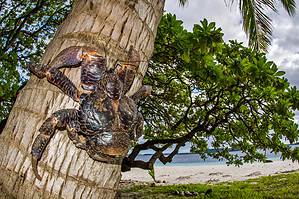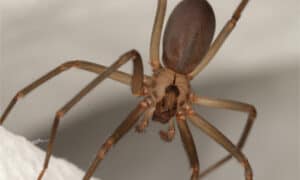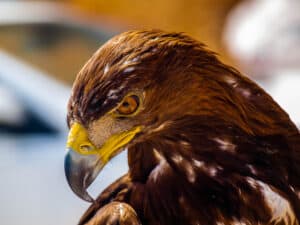Mussels are a family of mollusks whose lifespan ranges between 60 to 70 years- but what do mussels eat? They are bivalves, meaning they have two hinged shells that protect their soft body parts. Their outer surfaces are very hard, while the inner parts of their bodies are delicate.
There are different types of mussels worldwide that live and thrive in fresh and salty waters. Some include zebra mussels, blue mussels, snuffbox mussels, horse mussels, and rabbitsfoot mussels.
Freshwater mussels rely on host fish for reproduction. Their larvae must attach to a host fish within a few hours, or else they will die. Other bivalve mollusks rely on planktonic larvae to live and thrive in a new environment.
While mussels are a favorite dish among shellfish lovers, they are also among the most hated pests in water sources.
How about what mussels eat? You may not know this, but mussels don’t have eyes. In fact, they don’t even have a face. So, how do they find their food?
This article will answer all of your questions regarding mussel’s diet, their favorite food, and how they obtain their food in their ecosystem.
What Do Mussels Eat?
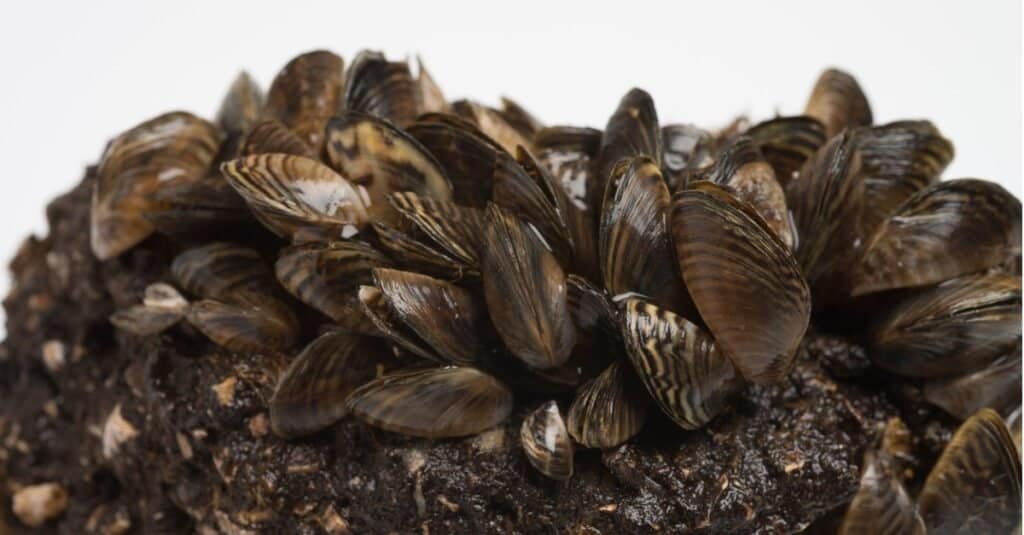
Mussels eat a diet that consists of bacteria, algae, and other free-floating creatures.
©iStock.com/sdphotography
Mussels eat a diet that consists of bacteria, algae, detritus, and other marine and free-floating creatures. They are naturally omnivores since their diet varies from zooplankton to phytoplankton species.
Here are some of the foods that mussels eat:
- Green algae
- Cyanobacteria
- Dinoflagellates
- Coccolithophores
- Diatoms
- Copepods
- Tiny crustaceans
- By-products from symbiotic algae
- Other organic matter flowing freely in their aquatic habitats
As opportunistic eaters, mussels eat almost any tiny plankton species around when they are hungry, including excrement from aquatic creatures. As such, mussels will benefit from being able to find food throughout all the seasons since they will eat the food available at any particular time.
How Do Mussels Obtain Their Food?
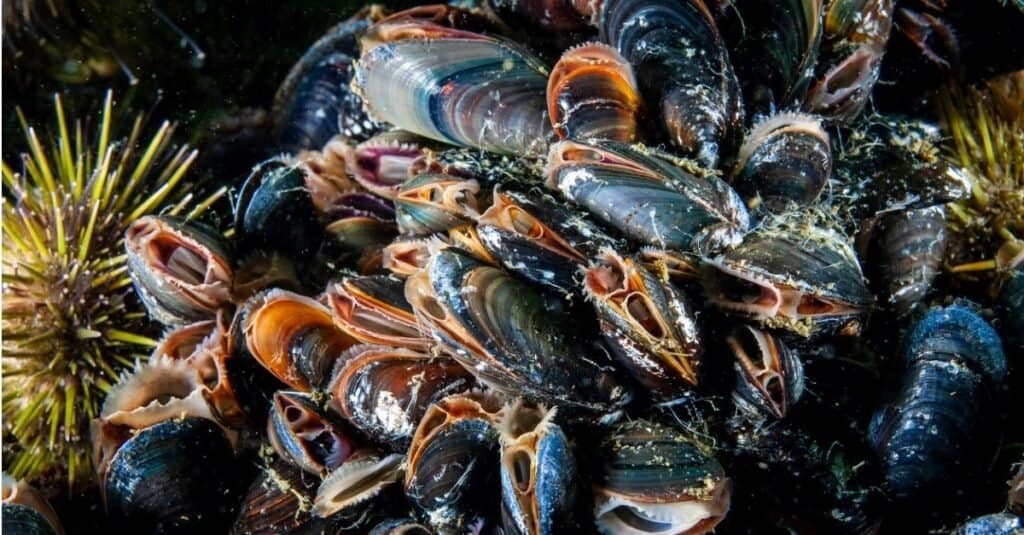
Mussels are naturally omnivores since their diet varies from zooplankton to phytoplankton species.
©RLS Photo/Shutterstock.com
Mussels are filter feeders. They filter their food out of the water. Since they don’t have eyes to locate the food, mussels have a unique structure known as inhalant aperture. They use it to filter small microscopic organisms as outlined by Marine Ecology Progress Series.
The exhalant siphon aperture then expels the already filtered water along with other non-digestible materials and fecal matter back into the ecosystem.
However, juvenile rainbow mussels don’t feed using the inhalant aperture like adult mussels. According to a 1994 study published in the Journal of the North American Benthological Society, baby mussels feed on bacteria and other bacterial-sized particles using their pedal gape.
How Much Do Mussels Eat?
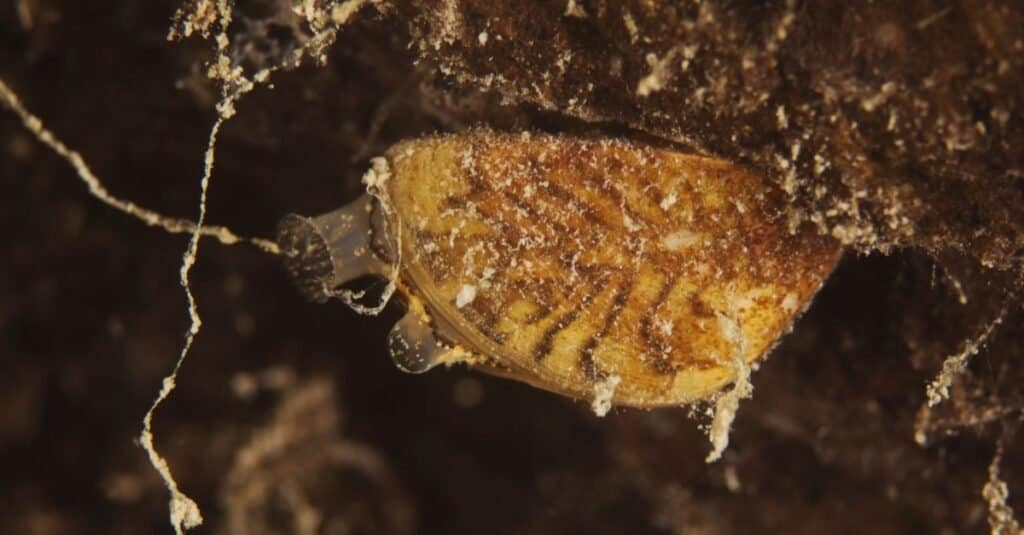
A mussel’s feeding rate depends on its body weight.
©scubaluna/Shutterstock.com
The feeding rate of mussels depends on their body weight. A live mussel weighs around 60.1g on average ranging between 33.9g to 93.2g. A large mussel can filter up to 25 liters of water per day through its internal filtration system in search of food. A single liter of water contains millions of bacteria and other microorganisms ingested by mussels.
Who Competes With Mussels for Food?
Mussels are not the only species that eat planktons. Small fish like herring and sardines eat quite a lot of zooplanktons. Crustaceans like krill and shrimp also depend on plankton for survival.
Can You Keep Mussels at Home?
Yes, you can as long as you care for them properly in a highly controlled aquarium. As a matter of fact, mussels may help keep the aquarium clean. They keep the water clean and clear by filtering it and removing the tiny particles, detritus, and algae. You only need to consider placing rocks at the bottom of the aquarium because mussels like living on the rocky floors of water bodies.
How Does the Diet of Mussels Impact Other Species?
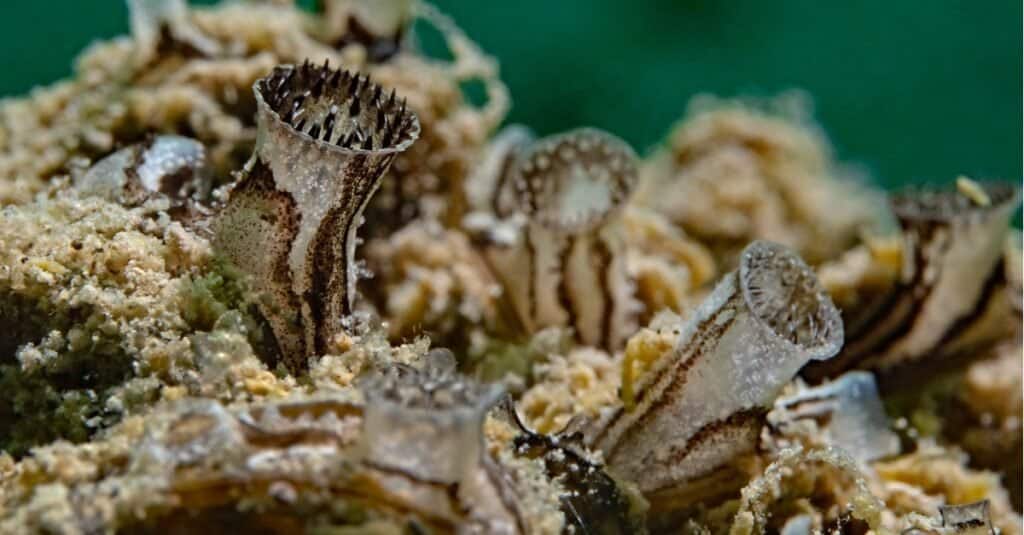
Mussels alter a number of trophic levels in the food web.
©iStock.com/scubaluna
Mussels play a significant role in modifying aquatic environments, making it more suitable for themselves and other organisms. They link and influence a number of trophic levels in the food web.
Some studies highlight that mussels improve the living environments for other organisms by recycling nutrients, providing structural habitat, stabilizing sediments, and modifying food webs.
For example, suppose the mussel population was decreased. In that case, algae and other plankton might overpopulate, and this would cause algal blooms that block oxygen and sunlight from reaching fish and other living organisms.
Mussels alter food webs by influencing food availability directly and indirectly by depositing biogenic organic material and nutrient excretion on the bottom of the water bodies. Mussels are also a good source of food for other species, including humans. The lives of many raccoons, muskrats, turtles, and seabirds would be at risk of extinction if there were insufficient mussels to prey on.
Therefore, mussels are regarded as ecosystem engineers both as predators and prey because they are essential in the survival of sea life.
Does Anything Eat Mussels?
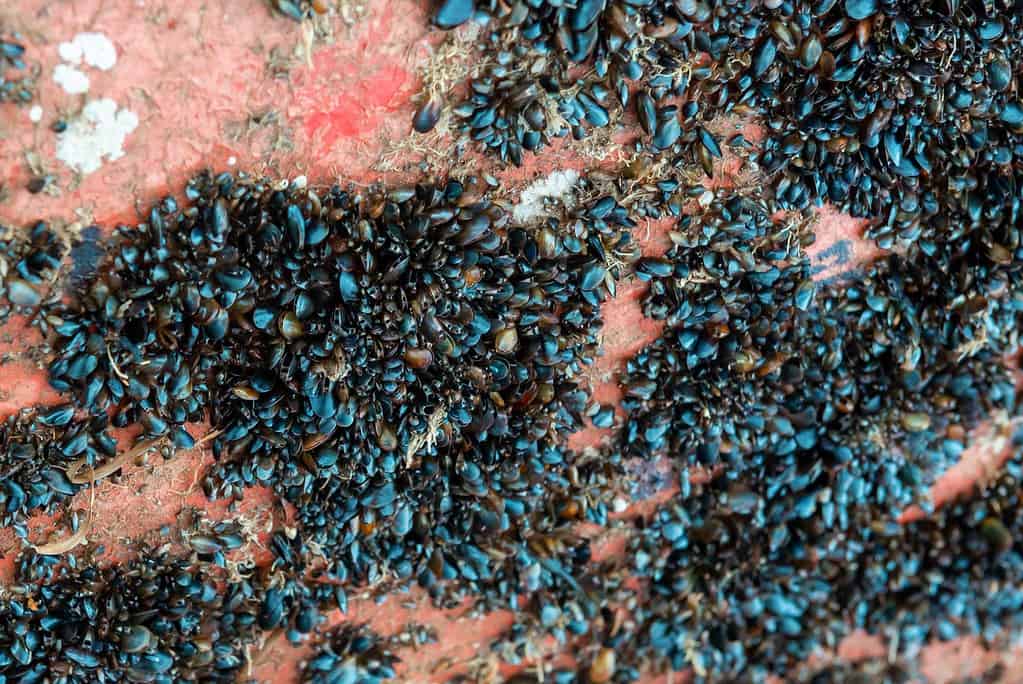
Mussels are a good source of food for other species, including humans.
©Dolores M. Harvey/Shutterstock.com
Mussels are easily preyed on because they lack eyes to see and detect the presence of a predator. These shellfish are eaten by humans, starfish, turtles, otters, raccoons, muskrats, and seabirds such as ducks and herons.
Their biggest predators are birds because mussels are often very close to the shore, and going in and out of the tides exposes them to air. Some birds may even dive underwater and pull the mussels out once they spot one.
All these predators consume mussels in different ways. For instance, starfish swallow mussels as a whole, then spit out their shell once they’ve extracted the mussel’s meat. Unlike starfish, sea snails make a tiny hole in a mussel shell then suck the meat out.
On the other hand, human beings boil mussels until the shells crack. They then remove the meaty parts, throwing away the shells.
What Do Baby Mussels Eat?
Baby mussels are parasites on the fins and gills of different types of fish, such as bass and minnows. These juvenile mussels also eat bacteria, algae, and microscopic organisms filtered from the water columns. As opposed to adults, young mussels eat using their pedal gape and not their posteriors.
Final Thoughts
Asking the question of what do mussels eat leads us to one crystal clear conclusion- virtually any plankton. All mussels feed by filtering water to acquire nutrients. Mussels are not selective feeders at all. They make use of what’s readily available at any given opportunity.
The photo featured at the top of this post is © iStock.com/VitalisG
Thank you for reading! Have some feedback for us? Contact the AZ Animals editorial team.




